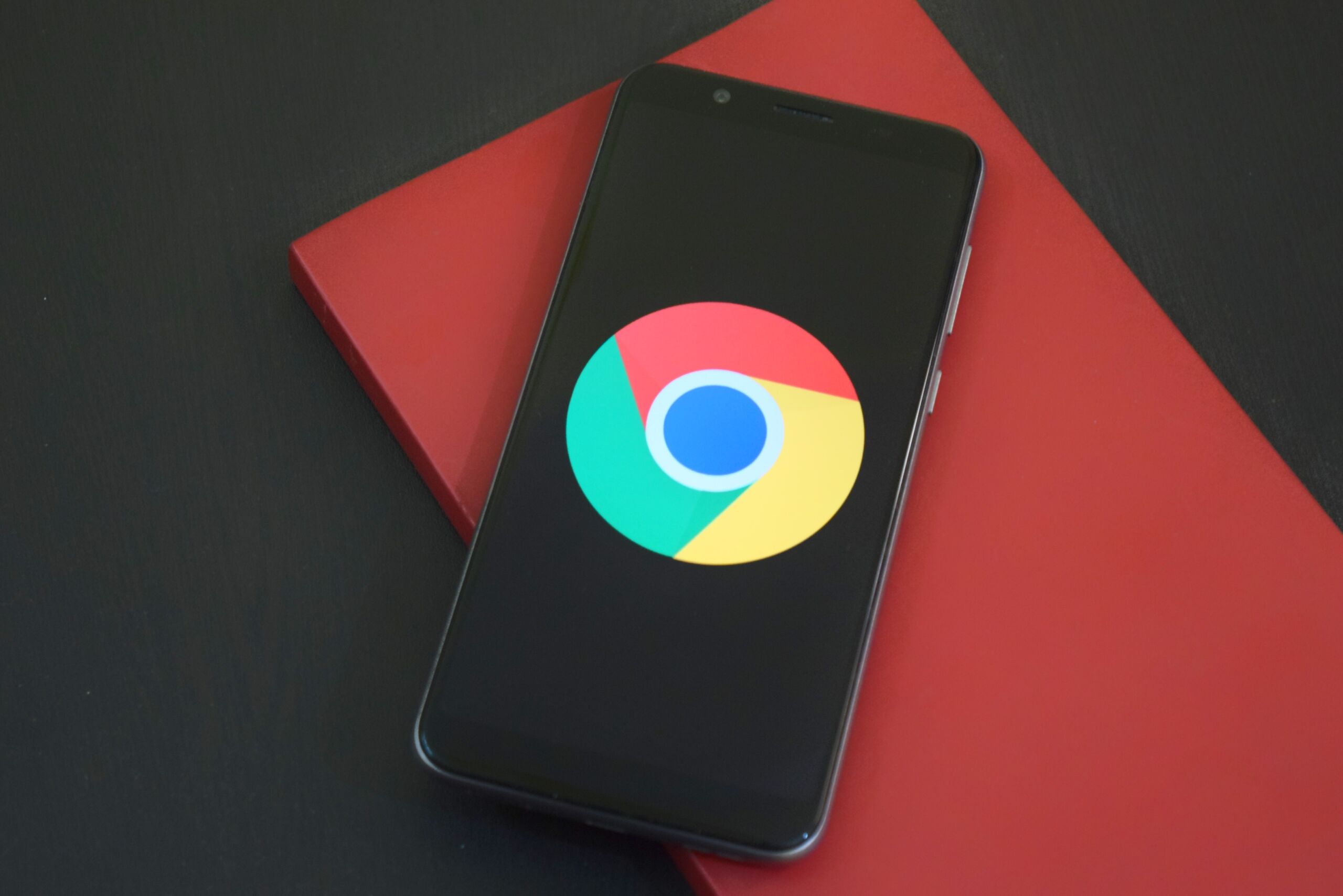If we expect people to take action, we must clearly call them to action. Herein is the manifesto of The Clear Call to Action (CTA) Model for the senior care industry as shown by trends from our study of 100 website development and online marketing experts nationwide.
Content marketing positions the organization as the expert and specialist in a particular area of senior care even before the first conversation.
It’s rare that any question in our studies gains 100% consensus from the respondent pool, but here’s one. When we asked for a definition of content marketing, every one of your peers we surveyed agreed:
Content marketing provides those served by a senior organization with the expertise, education and information to solve issues they face.
Facebook has made waves in 2021 with the announcement of its new name: Meta. The new moniker will not replace that of the ubiquitous social media platform of the same name, however. It will only affect the company formerly known as Facebook at a corporate level.
Google Analytics can provide invaluable marketing insights when properly used. There is a litany of functions, and only a few offer the high-level view you need to make great business decisions.
Google is among the most valuable digital marketing platforms available. From ads to SEO and SEM to tracking KPIs and beyond, its versatility creates boundless opportunities. However, in order to maintain both its prominence and relevance, its developers must make constant changes and adjustments.
A well-finished website is one in which you can take great pride for years to come. To reach that level of longevity, website development starts with brand: ensuring a resonant message, look and feel will reach the right target audience. After the website launches, it often becomes the first impression an organization will make with prospects. For this reason, it is important to optimize the website, or ensure it continues to offer a favorable user experience while generating interest, leads and results. Not only do the needs and preferences of visitors change over time, but so too do the demands of evolving technologies and search engine algorithms.
It is important for those who own, manage or operate one or more websites to foster equality among all potential visitors and allow them to achieve the same experience and level of value. It is also important to continue discussing and learning more about the issue until meaningful progress is made.
According to a 2020 assessment of one million home pages performed by WebAIM, 98.1% had at least accessibility one failure when compared against WCAG standards. WCAG, or Web Content Accessibility Guidelines, are a set of standards published by the Web Accessibility Initiative designed to further the goal of achieving equal web-based outcomes for all regardless of ability.
Google’s recent announcement to stop using third-party cookies will impact the marketing landscape significantly, as the tech giant was responsible for over 50% of global digital ad spend in 2020. But what exactly does this mean for your organization?










